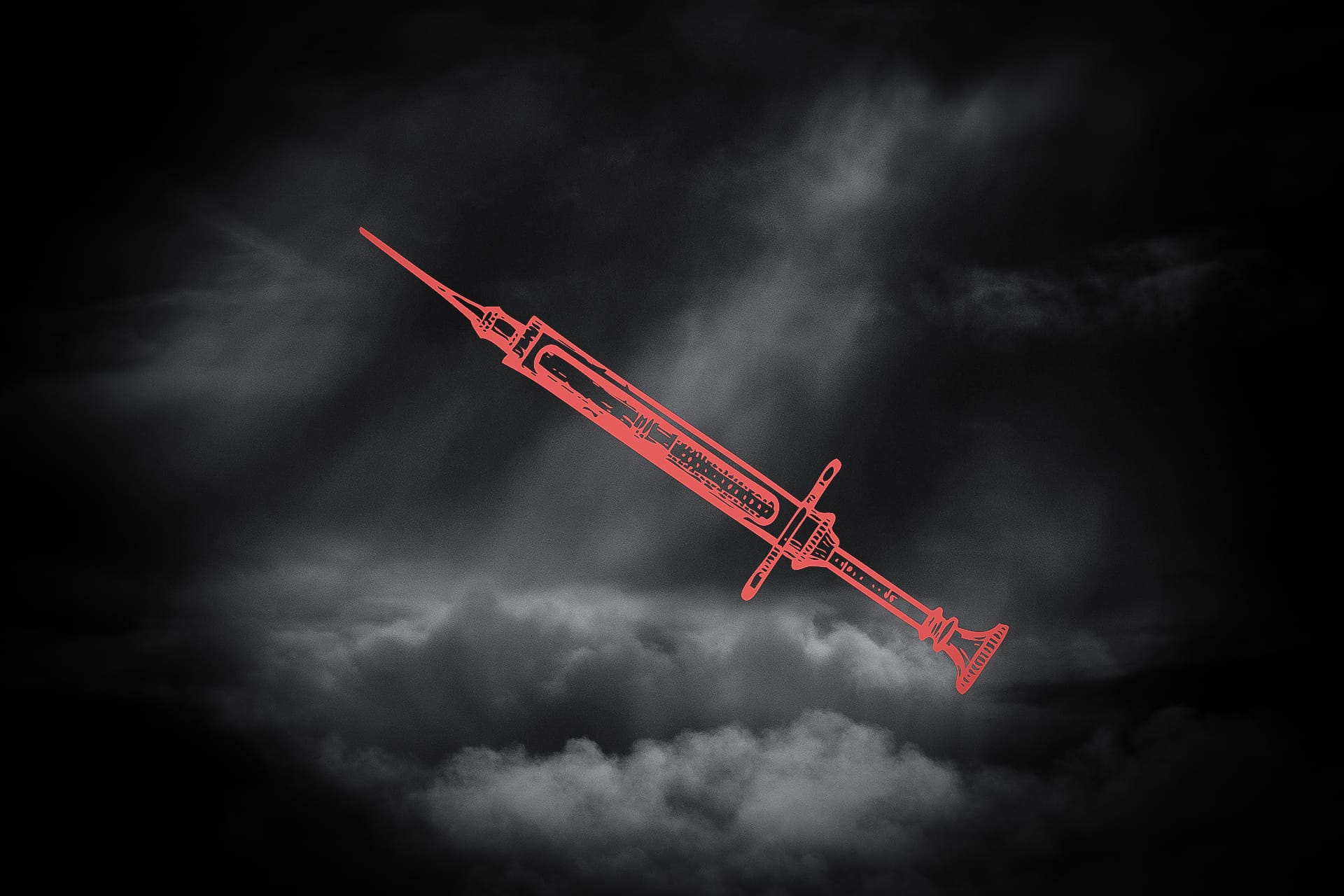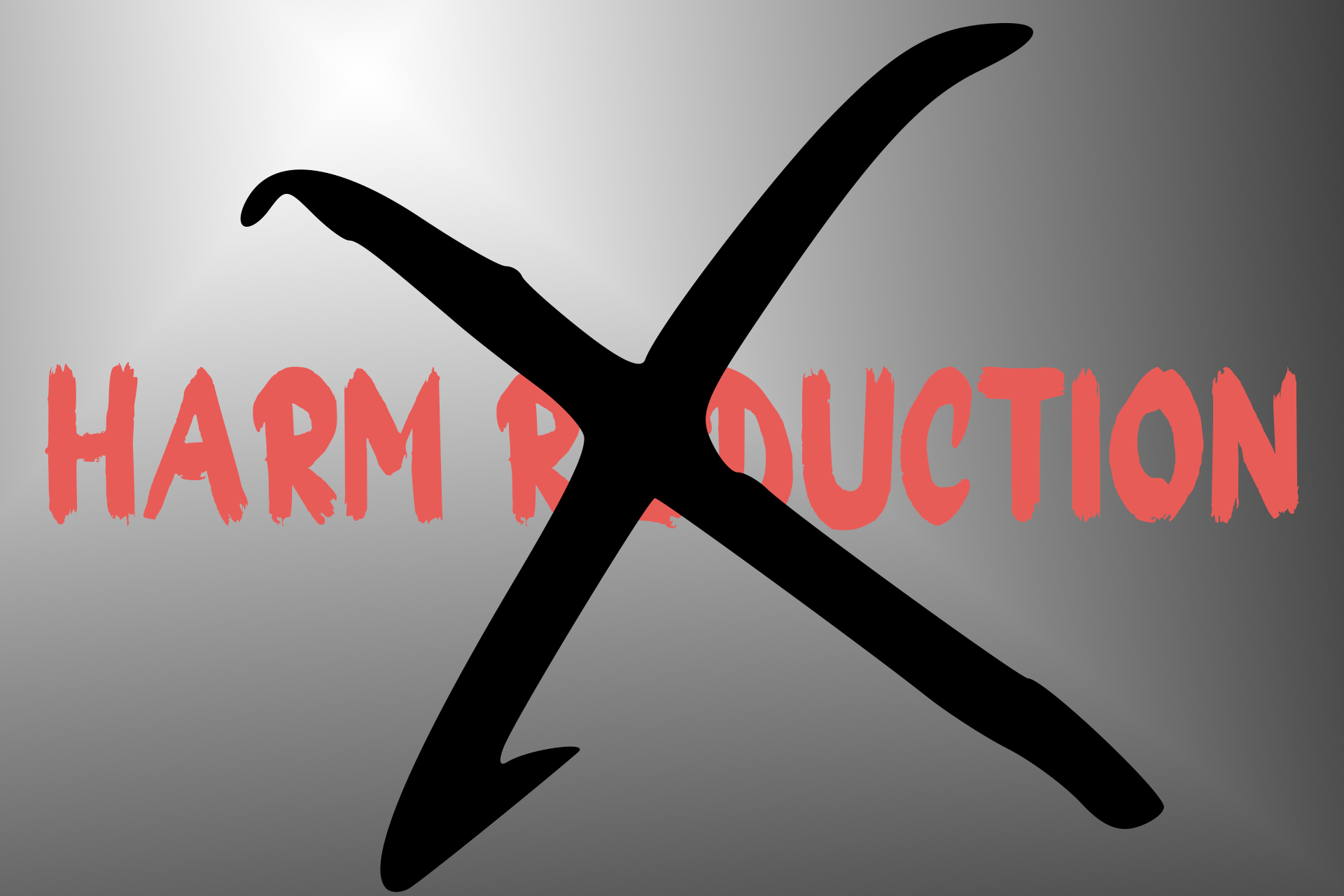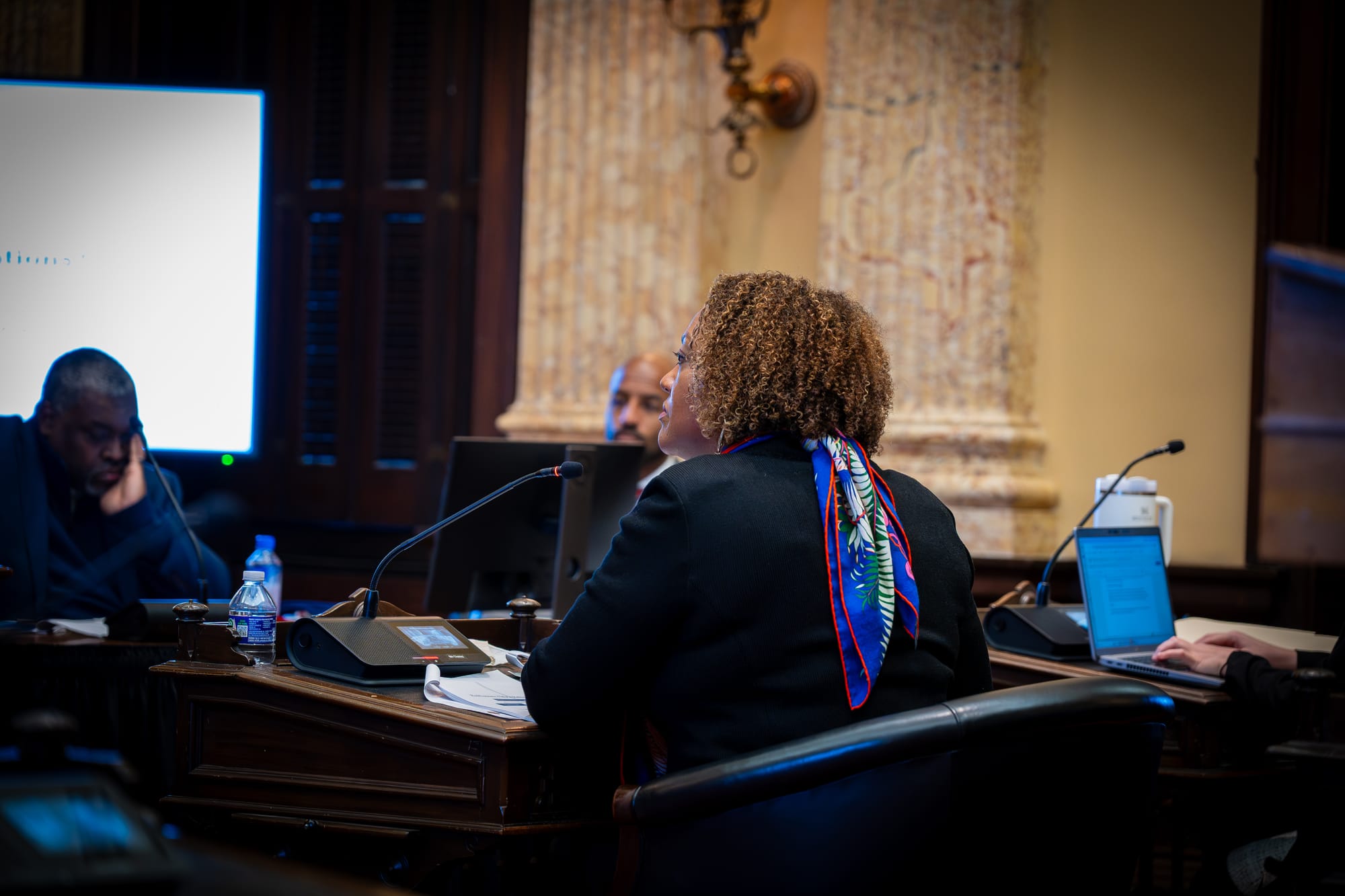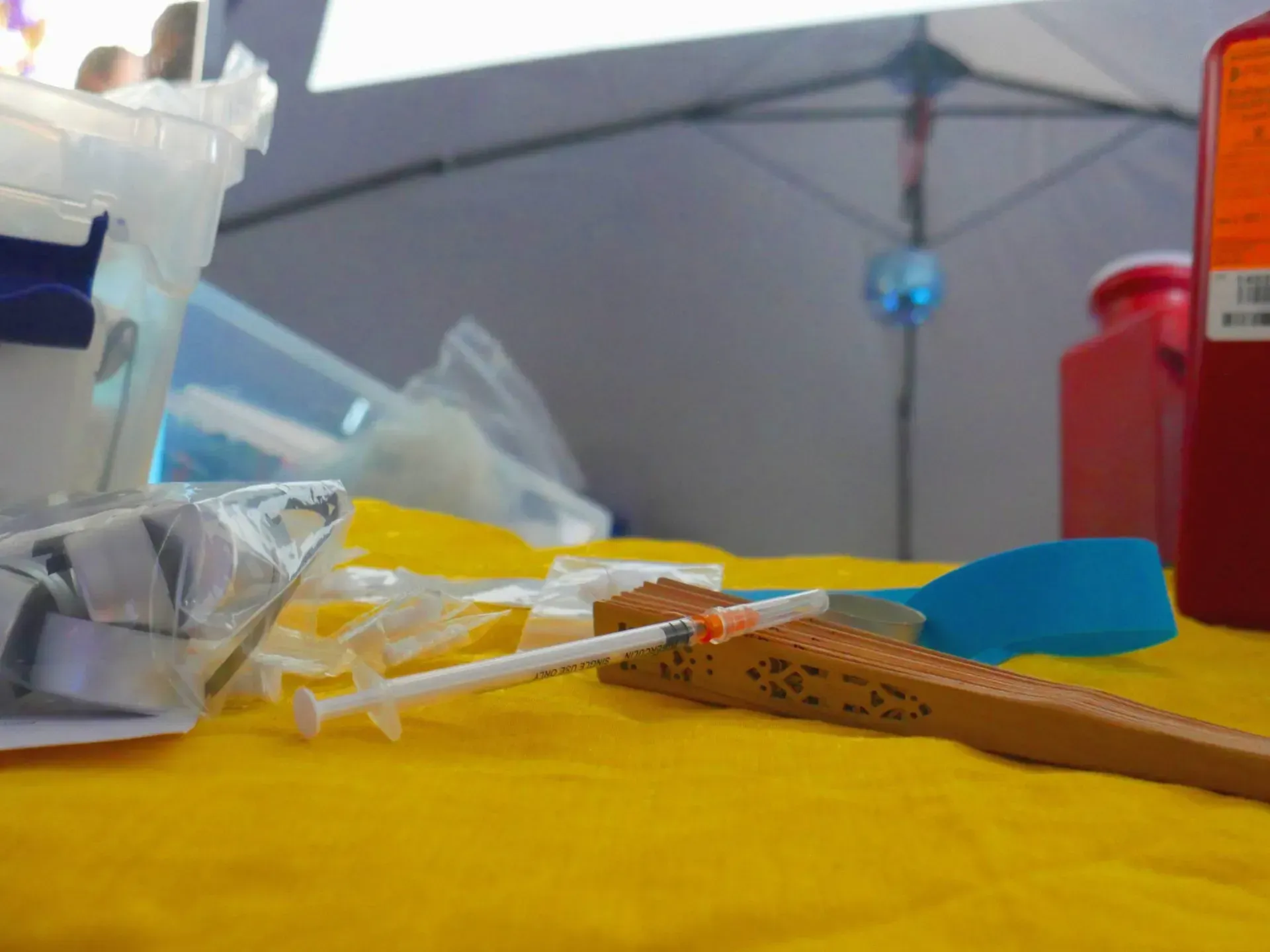
As congressional Republicans have an intra-party scuffle over the extent to which they will decimate public health funding, Medicaid coverage for more than 32,000 low-income Baltimoreans with substance use disorder hangs in the balance.
A far-right faction in the U.S. House of Representatives blocked a Medicaid-gutting budget reconciliation bill backed by President Donald Trump on Friday. Rather than doing so over concerns about stripping people of health care amid an overdose crisis, GOP hard-liners such as Rep. Andy Harris have argued that the hundreds of billions of dollars in proposed cuts to Medicaid — a program that has provided health care to Baltimoreans with SUD and mental health conditions for decades — are insufficient.
"If these reckless cuts come to fruition, the City will need to have very hard and real conversations about how to continue supporting our residents," a spokesman for Mayor Brandon Scott said in a statement.
As Baltimore's overdose crisis rages on, albeit with less force than years prior, more than 32,000 Baltimoreans are covered by Medicaid for substance use-related services, according to state data obtained by Mobtown Redux.
Drastic cuts to Medicaid, such as those proposed by congressional Republicans, could therefore hamper health care coverage for those most at risk of overdoses.
The program covers a host of services for current and former drug users, including life-saving medications for opioid use disorder such as methadone and buprenorphine. It also covers some counseling and addiction treatment programs.
Yet those individuals are just a contingent of myriad Baltimoreans who could be impacted. Another 148,000 residents are covered by Medicaid for mental health and behavioral health services, meaning nearly one-third of the city's population relies on the program for those categories alone.
Statewide, Medicaid covers 300,000 individuals for SUD and mental health services. That accounts for $2.9 billion annually in provider payments to more than 1,000 providers, according to the Maryland Department of Health.
The cruel yet unsurprising plan to jeopardize health care coverage for some of the country's most vulnerable is predicated on a growing appetite among Republicans for austerity at the expense of the poor and the benefit of the rich.
Under the guise of fiscal responsibility, proponents are using the cuts as a maneuver to offset more than $5 trillion in tax breaks, which would overwhelmingly benefit the wealthy while threatening the livelihoods of low-income Americans — a move that would disproportionately impact Baltimore and other cities with high rates of poverty.
"The Republican budget would be devastating to the City of Baltimore," City Council President Zeke Cohen said. "We would see a dramatic reduction in health benefits in Medicaid... We are seeing a fierce assault on public health from the federal government."
Medicaid is just one of the linchpins of public health that Republicans have targeted as part of their cost-cutting rampage.
They have also proposed slashing billions in funding to the Centers for Disease Control and Prevention and the Substance Abuse and Mental Health Services Administration, both of which play a crucial role in overdose prevention.
In response, more than 300 physicians, harm reduction workers and researchers have formed a coalition and signed onto a letter to Congress, correctly asserting that the cuts would have "dire consequences."
The grave threats to those who use drugs and people in abstinence-based treatment, meanwhile, come as Baltimore finally gains momentum in its fight against an unprecedented overdose crisis.
Baltimore saw 774 overdose deaths in 2024, a historic 25.8% decrease from the year prior, according to the state health department. Statewide, there was a nearly 30% decline, the highest on record.
The numbers mirror a nationwide trend. Recent data shows that overdose deaths fell 27%, another record-breaking decrease. An estimated 80,000 people died of overdoses last year, according to preliminary CDC data. That’s down from roughly 110,000 deaths in 2023.
"It is important we speak out against cuts to Medicaid. We must strengthen, not cut, health coverage and continue to work to make it easier for families to access high-quality health care, no matter where they live," said Ryan Moran, the state's deputy secretary of health care financing and Medicaid director.
Even before budget talks, though, Trump's administration had unleashed a slew of cost-cutting measures that threaten to hamstring public health initiatives.
In March, officials abruptly announced they would cancel billions of dollars meant for local health departments. The reckless cost-cutting measures came amid a historic drop in fatal overdose deaths in Baltimore, with a decline in death rates also seen nationwide.
A federal judge blocked the move after Maryland and numerous other states sued. The U.S. Office of Management and Budget's directive to pause federal grants and loans earlier this year also remains entangled in the court system.
Despite the legal challenges, city officials and local harm reduction organizations have expressed fears that funding cuts could jeopardize their life-saving efforts as they make headway in combating the overdose crisis.
“All of the moves this administration is talking about implementing spell death for the people we serve,” said Candy Kerr, spokesperson for the Baltimore Harm Reduction Coalition, back in February.
City officials have said 45% of the health department's $185 million budget will come from federal funding, meaning cuts at the federal level could severely impact government-led harm reduction and recovery initiatives.
The mayor's proposed budget for the upcoming fiscal year does not factor in any potential cuts, yet it already would mark more than an 11% decrease from the year prior, when the department had a budget of more than $208 million. Officials attributed this to a decline in state and federal aid.
On the other hand, the department would see a significant boost in funding for mental health and substance use programs. The budget would allocate $9.8 million to such services, an 87% increase over the year prior.

Did you miss last week's newsletter? You'll want to check it out:
If there's one thing I've learned from covering the harm reduction movement in Baltimore, it's that those on the frontlines don't back down from a fight.
At the annual Tuerk Conference last month, organizers stood resolutely among a throng of abstinence-based treatment programs to cement themselves as a crucial ally in the fight against an unprecedented overdose crisis. And earlier this week, they showed up in numbers at Mayor Brandon Scott's budget town hall to press officials about the fact that the Opioid Restitution Advisory Board would have discretion over just a fraction of the nearly $37 million in funds allocated under Scott's proposed budget.
The growing concerns come as those working on behalf of drug users demand a swift, powerful and transparent response to the city's crisis.
Click here to read the full newsletter.
Mobtown Redux's Overdose Data Dashboard is frequently updated with the latest local, state and national data:
Baltimore's overdose death toll in 2024 has increased to 774 — this is preliminary data that's subject to change as causes of death are determined.
In the 12-month period ending in March, Baltimore saw 679 deaths, a death rate of 115.9 per 100,000 people. Statewide, there were 1,549 deaths, a death rate of 25.1 per 100,000 people.
Neighborhoods in West Baltimore saw the most deaths, an unfortunate pattern in this data.
Check out Mobtown Redux's Overdose Data Dashboard here.
Click here to learn more about harm reduction resources in the Baltimore area.
"As overdose deaths fall, Trump administration proposes cuts to lifesaving Narcan program," CBS News reports:
The Trump administration has proposed cutting a $56 million grant that teaches first responders how to use the lifesaving overdose reversal drug naloxone, which experts say could reverse progress the United States has made in lowering opioid overdose deaths.
A recent dip in overdose deaths has been credited in part to wider naloxone access. The medication was made available for over-the-counter purchase in 2023 and is standard for first responders to carry. It's even popped up in some classrooms.
Naloxone, also sold under the brand name Narcan, is available in injectable and nasal spray form. It is an opioid antagonist that attaches to receptors in the brain, reversing and blocking the effects of other opioids, including fentanyl.
Click here to read the full article.









Comments